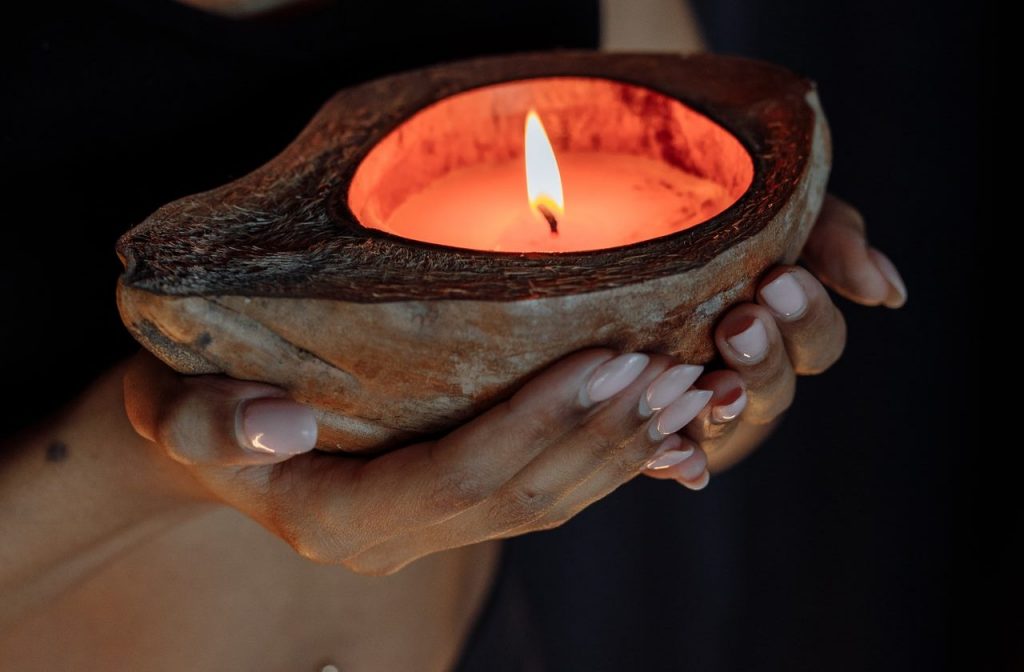Lung Cancer Patient Advocacy
Dusty Donaldson never considered a life of advocacy. In fact, in 2005, she was 51 years old, mother of three, and enjoying a career in journalism and media relations that she’d worked hard to excel at. It was via a fluke medical turn that she found herself switching gears and trading that career in for one in advocacy.
Changing the Landscape of Lung Cancer Patient Advocacy
At her annual check-up with her primary care doctor, Dusty pointed out, with very little concern, a swollen lymph node in her neck that had been hanging around for the past few months. Her doctor was unable to feel it with his hands, so deemed it to be nothing. A few weeks later, Dusty, still only slightly bothered by the bump, returned for another appointment, this one focused solely on the lymph node. This time, her doctor initiated a series of imaging – ultrasound, x-ray, and CT scan – focused on her neck. Her neck looked fine, but there was “something” on the top of her lung. An incidental finding. One that would change not only the course of her life but the landscape of lung cancer patient advocacy, as well.
Dusty met with a pulmonologist who offered her two options: wait a year to see what happens, or poke around now and try to determine what they were dealing with. At the time, Dusty was in the middle of a fast-track MBA program. She laughs when she recalls opting to take a deeper look, not out of fear of anything serious being wrong, but as a way to get a day off from work to catch up on the intense schooling. That, it turned out, was the best decision she could have made, both for herself and the world of advocacy.
The results of a bronchoscopy came back: non small cell lung cancer, stage 1B. Dusty would soon undergo surgery to remove the upper and right middle lobes of her lung followed by chemotherapy treatment. In the end, she was deemed to be NED (no evidence of disease).
Making Lung Cancer Patient Advocacy a Full-Time Job
Dusty’s story could well have ended there, but it most definitely did not. In fact, in the 16 years since her diagnosis and treatment, Dusty has become a fierce, accomplished, and adored member of the lung cancer patient advocacy world. And it all started the very day she was told she had lung cancer.
After visiting the pulmonologist and learning of her cancer, Dusty headed back to her office. In the break room, she told a colleague the news she’d just learned. His response: “Did you smoke?”. While Dusty had indeed smoked, she had not had a cigarette in over twenty years. The highly insensitive question was a kick to her gut…but also reminded her of something she herself had once said, in that very spot, to another colleague whose husband had lung cancer: “Did he smoke?” At that moment, Dusty decided that people with lung cancer diagnoses deserved to be freed of the condemnation that came with the diagnosis, and so was born an advocate.
In Need of Lung Cancer Support
As the reality of her situation settled in, Dusty soon became overwhelmed by everything that goes along with any serious medical diagnosis and she quickly realized that she had no idea how to navigate what proved to be a complex medical system. Did she stay with the doctor at her local community hospital or seek an opinion (and possibly treatment) at the nearby university hospital? Was that a good thing or insulting to the doctor? How did she get her medical records? Or even find a doctor? While she might not have had the answers, she knew one thing for sure: patients need to be connected with an advocate as soon as possible. And, the minute she was back up and running, she would be that person.
“I was cured and so fortunate to have dodged a bullet. Most people are not that lucky. I know the statistics, I know what questions to ask and how to navigate the system. If I came upon a bridge that was out on the road, of course I would warn others – how could I not?! This is not different. So many people who are newly diagnosed are so terrified that they rush into treatment. If their doctor isn’t suggesting things like biomarker testing, they need to know to ask why. The entire burden of responsibility should not be on the patient.”
Lung Cancer Patient Advocacy is a Full-Time Job
If you speak to Dusty for even a moment, you will be struck by her honesty, spirit, and warmth. Over the years, and as a person of faith, Dusty has done a lot of soul-searching and deep thinking. She also admits that she has survivor guilt. She has been NED (no evidence of disease) for 16 years. She has watched her three children grow up, get married, and have children of their own. She knows that many are not that fortunate, so she stays in the game to advocate, not only for the benefit of the patient but the medical community as well. In fact, it is a full-time job now. Through the non-profit she established in 2010, Dusty and her lung cancer patient advocacy team are helping those in the lung cancer community by hosting a network of monthly community lung cancer patient groups and providing gift bags to dozens of cancer centers where nurse navigators give them to newly diagnosed lung cancer patients. Dusty works tirelessly and has no intention of slowing down. We applaud her for her amazing efforts and hope that, with advances in research, there will come a day when we do not need full time lung cancer advocates. Until such time, we are grateful to have Dusty in our corner!
